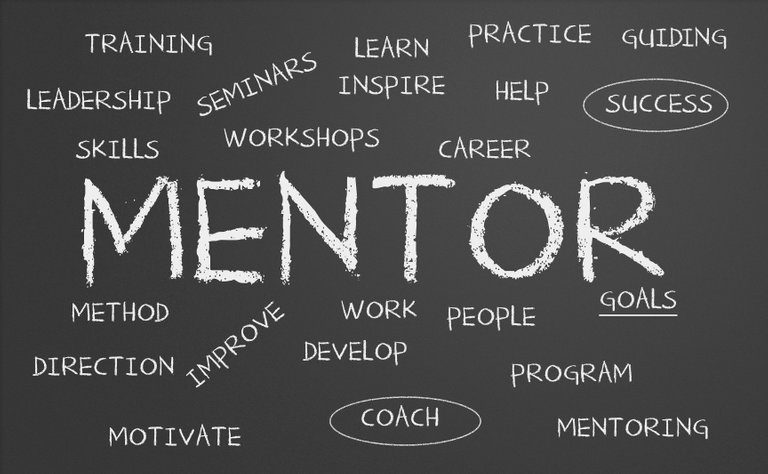
I've been a mentor to others for years. I mentored younger leaders as a fraternity member in college, and after graduation as an alumnus. I've mentored business professionals and university students. I have a desire to give back and help others. When the relationship works there is a strong sense of pride and accomplishment that I was able to help someone else in their personal or professional advancement. Unfortunately, many times the relationship leaves me feeling empty, disappointed and unfulfilled. Sometimes it just leaves me feeling sad.
We volunteer to be a mentor because we believe we have a lot to give and can genuinely help others. Some of us feel a duty to serve in this capacity and using our talents in this way is supposed to be a fulfilling and rewarding experience. When the relationship develops, wonderful and powerful things can happen. The problem arises when the relationship is not a success.

In my experience, I've found that most of the time the relationship fails it is due to the mentee not taking advantage of the opportunity. You can't drag someone into a rewarding relationship kicking and screaming. They need to want the help and guidance. At the beginning of all my mentoring relationships, I set expectations. The most important being that it is the responsibility of the mentee to be proactive and drive the relationship. I'll make myself available to provide any knowledge or resources I can, but they must be willing and able to ask for it.
No matter how many times I tell them to use me as a resource, or contact me when they need something, it's not unusual for them to go silent and not engage. I feel the urge to reach out, and usually, I'll send them a brief reminder the first time that I'm here when they need me. After that, it's up to them. Sometimes they'll be silent for a while and then pop back up apologizing for being so busy. Other times they're never to be heard from again.
When the relationship fails to materialize or fulfill its potential, it causes sadness and feelings of doubt. Wondering where it went wrong, its only human to think maybe I did something wrong and pushed them away. Maybe I didn't do a good enough job of making the personal connection for them to feel comfortable with me. Maybe I inadvertently said something that offended them. It doesn't matter what the reason, I feel as if I've failed them. I know the potential of a successful mentoring relationship and failing to achieve that goal is a disappointment. Thoughts of what could have been, experiences I could have shared, and personal connections I could have made to those in my network.
Sometimes I reach a point where I want to throw in the towel. Why should I put myself through this voluntarily? Why try to help people who don't seem to want or appreciate what I have to offer? Why should I renew my commitment and volunteer to be a mentor again? I have those thoughts until I remind myself that it's not about me. It's about them. Yes, I volunteer because it makes me feel good, but deep down I know I volunteer because it's the right thing to do. I don't quit because maybe, just maybe, the next person really needs my help.
Maybe you've felt this way too. My advice is to hang in there and keep going. Someone needs what you have to offer. It's a great feeling when years later someone shares with you how you had an impact on them in a positive way. It makes all of the failures and false starts along the way worth it. It takes a little of the sting out of it. And if you're someone who has the opportunity to work with a mentor, make the most of the opportunity. Use them as a resource and ask them for advice. That's why we do it.
.jpg)